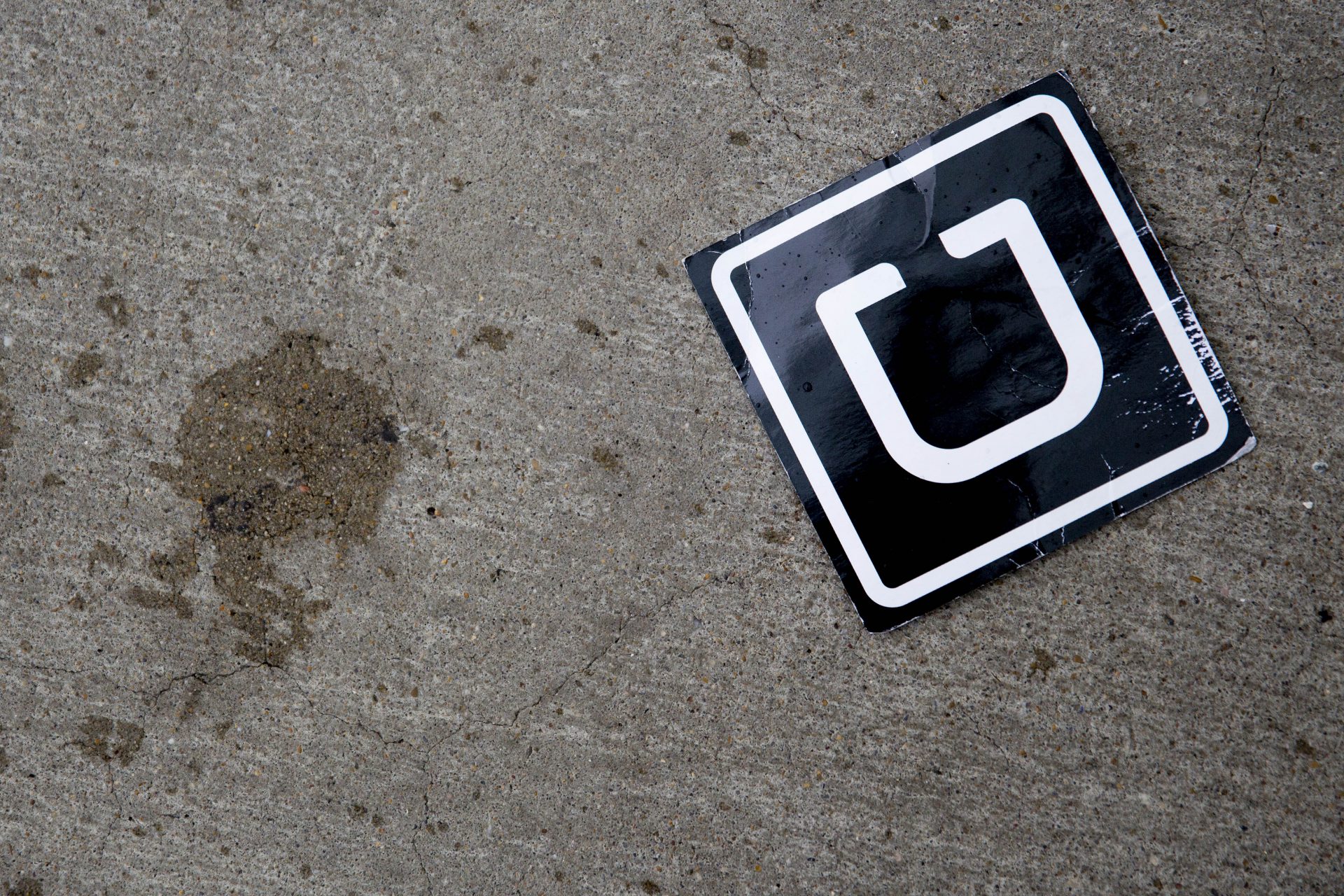

We may earn revenue from the products available on this page and participate in affiliate programs. Learn more ›
Marc Scribner of the Competitive Enterprise Institute has accused companies Uber, Lyft, Zipcar, and other members of a group named “Shared Mobility Principles For Sustainable Cities” of wanting a monopoly on autonomous vehicle ownership and operation in cities.
The CEI is described by Scribner as a “libertarian think tank focused on regulatory policy issues,” and he says the tenth tenet of the SMPFSC, as depicted below, is Uber’s way of seizing the market for itself, disguised as a good-natured concern for the environment.

“Uber is happy to enlist star-struck professional environmentalists into Uber’s cause of monopolizing government-subsidized urban transportation,” Scribner said to The Drive, regarding the cast of corporations and interest groups that make up the SMPFSC. “If fleet providers were to succeed, it would probably work by the city government gradually reducing access to downtown and then closing the road network to anyone who isn’t a registered commercial or government operator. Basically, turn Manhattan into Disney World.”
Scribner is confident that the SMPFSC will not succeed in achieving the monopolization which he says they are pursuing.
“I expect Uber and others to fail because the American public will never stand for authoritarian measures cloaked in green garb that will substantially reduce their quality of life.”
The Drive reached out to the SMPFSC and Uber for comment on Scribner’s statements. Neither Uber nor its affiliated group returned our inquiries.
Uber has faced a significant volume of scandals, dampening its otherwise explosive growth in the ride sharing market. The company’s defense against a lawsuit from Waymo began Monday, with the plaintiff claiming Uber used stolen documents to develop its own autonomous technologies.
